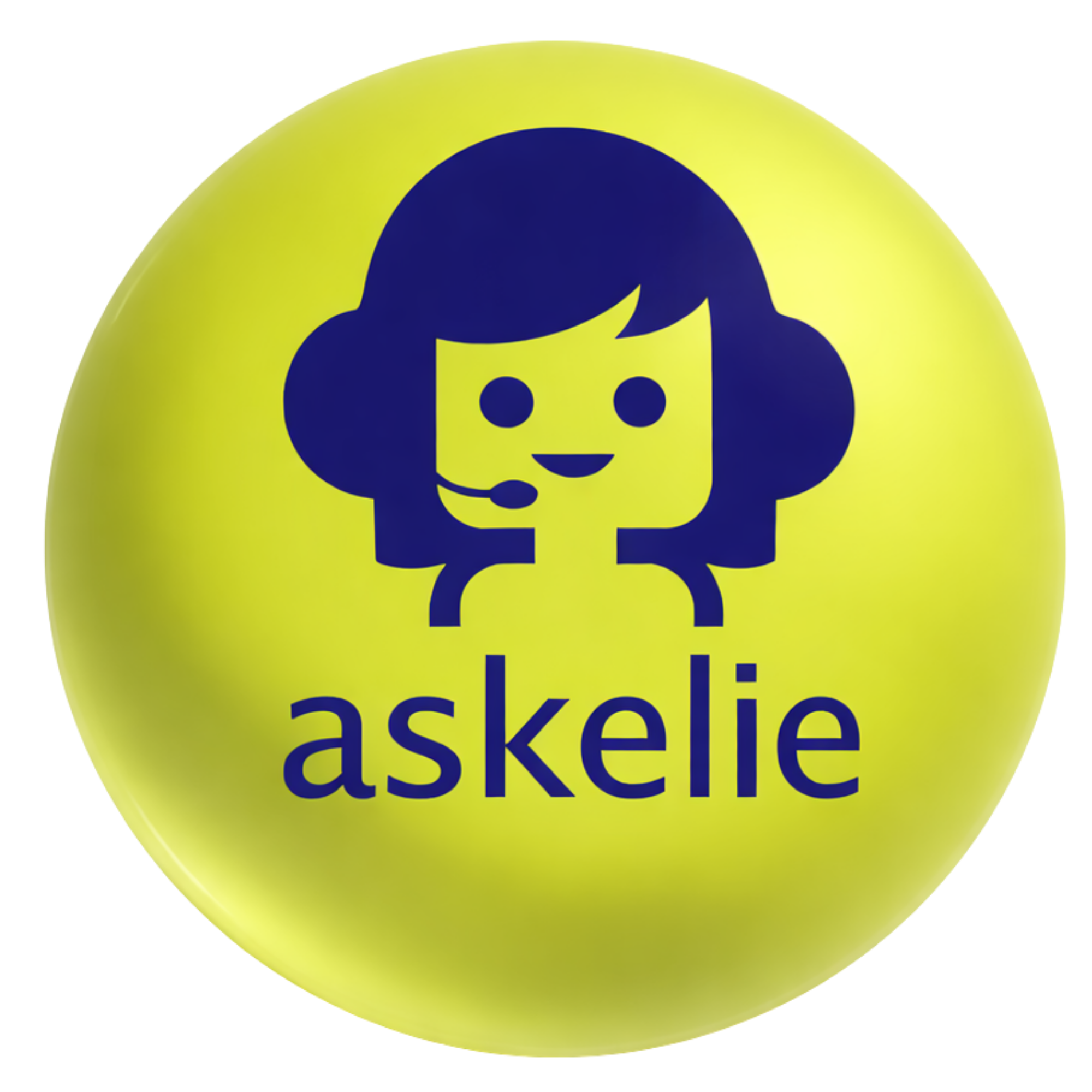askVERA Dyslexia Support: How askelie® Helps Learners Access Information with Confidence
askVERA Dyslexia Support: How askelie® Helps Learners Access Information with Confidence
askVERA dyslexia support is helping people across the UK read, understand, and act on important information. Built on the askelie® platform, askVERA turns complex documents into clear Easy Read versions with visual cues that make understanding faster and simpler.
With askVERA dyslexia support, people gain access to information that’s clearer, faster to process, and easier to act on. Around 10 percent of the UK population is thought to have dyslexia, and many of them face daily barriers when reading, writing, or understanding complex information. In classrooms, offices, and public services, inaccessible documents can exclude people from education and opportunities they fully deserve.
The UK government and organisations such as the British Dyslexia Association are calling for better accessibility standards across schools and workplaces. Yet real progress requires more than policies and awareness. It needs technology designed to adapt information to individual needs.
That is where askVERA, part of the askelie® platform developed by AskElie, is making a difference. askVERA turns complicated written material into clear, visual, and easy-to-understand formats that help dyslexic readers process information more effectively.
Understanding the Need for askVERA Dyslexia Support
Dyslexia affects how people recognise words, spell, and process written language. It does not relate to intelligence or creativity. Many dyslexic individuals have exceptional problem-solving and visual thinking skills but can struggle when faced with dense text, complex documents, or inconsistent formatting.
Traditional assistive technologies often rely on basic text-to-speech or screen readers. While useful, they rarely solve the deeper issue of information overload. Long sentences, legal or technical jargon, and poor structure can make key points difficult to grasp. For organisations committed to inclusion, that gap is significant, so could askVERA be used as a dyslexia support tool?
askVERA’s purpose
askVERA was designed specifically to bridge that gap. Built on the askelie® engine, it combines advanced language understanding with accessibility-first design. The goal is simple: to help everyone understand the information that affects their lives.
By analysing text, layout, and structure, askVERA creates Easy Read versions of documents. It uses plain English, consistent formatting, and meaningful visuals to explain ideas clearly. The result is content that is easier to follow and remember, not just easier to read.
How askVERA Dyslexia Support Transforms Complex Text into Easy Read
When a document is uploaded into askVERA, the system identifies key concepts, sentences, and phrases that may be difficult for dyslexic readers. It then restructures the text using plain language and clear layout principles, guided by accessibility standards such as WCAG 2.1 and government Easy Read guidelines.
Visual icons and images can be added automatically to support comprehension. The system also highlights key actions or decisions so the reader can focus on what matters most. Everything is stored securely within askelie®’s private AI environment, ensuring that data never leaves the organisation’s control.
Why private AI matters
Many organisations hesitate to use public AI tools for accessibility because of data privacy risks. Public systems often store or reuse uploaded information, which can be unacceptable for schools, councils, or legal bodies handling personal or sensitive content.
askVERA operates entirely within askelie®’s private cloud or on-premise environment. Documents are processed securely, with full encryption and audit trails. Nothing is shared outside the organisation. This approach allows compliance with UK GDPR and ISO 27001 standards, giving leaders confidence that inclusion does not compromise privacy.
askVERA Dyslexia Support for Schools and Education Providers
Schools and colleges increasingly need accessible formats for students with special educational needs and disabilities (SEND). askVERA helps teachers produce Easy Read handouts, assignment briefs, and feedback that support dyslexic learners.
A secondary school in Nottingham, for example, used askVERA to convert its student handbook and parent consent forms into Easy Read versions. The new format reduced the number of student queries by half and made communication with families far smoother. Teachers reported that students with dyslexia found it easier to plan tasks and meet deadlines because the information was clearer and more consistent.
askVERA Dyslexia Support in Workplaces and HR Teams
Accessibility does not end at the classroom door. Employers are legally required under the Equality Act 2010 to provide reasonable adjustments for staff with dyslexia. askVERA supports HR and learning teams by converting internal documents, training materials, and policies into formats that employees can absorb more easily.
An HR manager using askVERA can generate accessible versions of induction packs, performance reviews, or training guides within minutes. The process removes dependence on manual editing or specialist designers, saving time while improving inclusion. Staff who receive information in a format that suits them are more engaged, productive, and confident.
Making public information accessible
Councils, housing associations, and healthcare providers all publish documents that impact people’s daily lives. From benefit forms to medical guidance, many of these materials are still written in language that is too complex for people with dyslexia or learning disabilities.
askVERA enables public bodies to meet accessibility standards quickly by converting long documents into Easy Read summaries. This helps ensure that citizens can understand their rights, responsibilities, and choices without needing someone else to interpret them. In doing so, it promotes both independence and equality.
The difference between translation and transformation
Some people think accessibility means simply reading text aloud or offering a shorter version. askVERA goes much further. It rethinks how meaning is conveyed, using structure, visuals, and context to reinforce understanding.
For example, a legal contract processed through askVERA can highlight key obligations, explain unfamiliar terms, and display step-by-step visuals of what a party must do next. This transforms accessibility from a reactive adjustment into a proactive design choice.
askVERA and askelie® in practice
Because askVERA runs on askelie®, it benefits from the same governance, workflow, and version control features that the platform offers. Documents can be reviewed, approved, and tracked, ensuring consistency across teams.
Organisations can also monitor usage metrics to understand how accessible content is performing. This insight helps them measure the impact of inclusion efforts and demonstrate progress to regulators or stakeholders. It turns accessibility from a one-off task into a continuous improvement process.
The future of accessible AI
As AI becomes more common in education and the workplace, inclusion must stay at the centre of innovation. AskElie believes accessibility is not a feature but a foundation. askVERA is proof of that philosophy in action.
By combining ethical AI, private infrastructure, and user-centred design, it allows organisations to serve every reader equally. From schools to local authorities and employers, askVERA makes accessibility practical, affordable, and measurable.
For the millions of people with dyslexia, that means access to information that is finally clear, supportive, and empowering.


